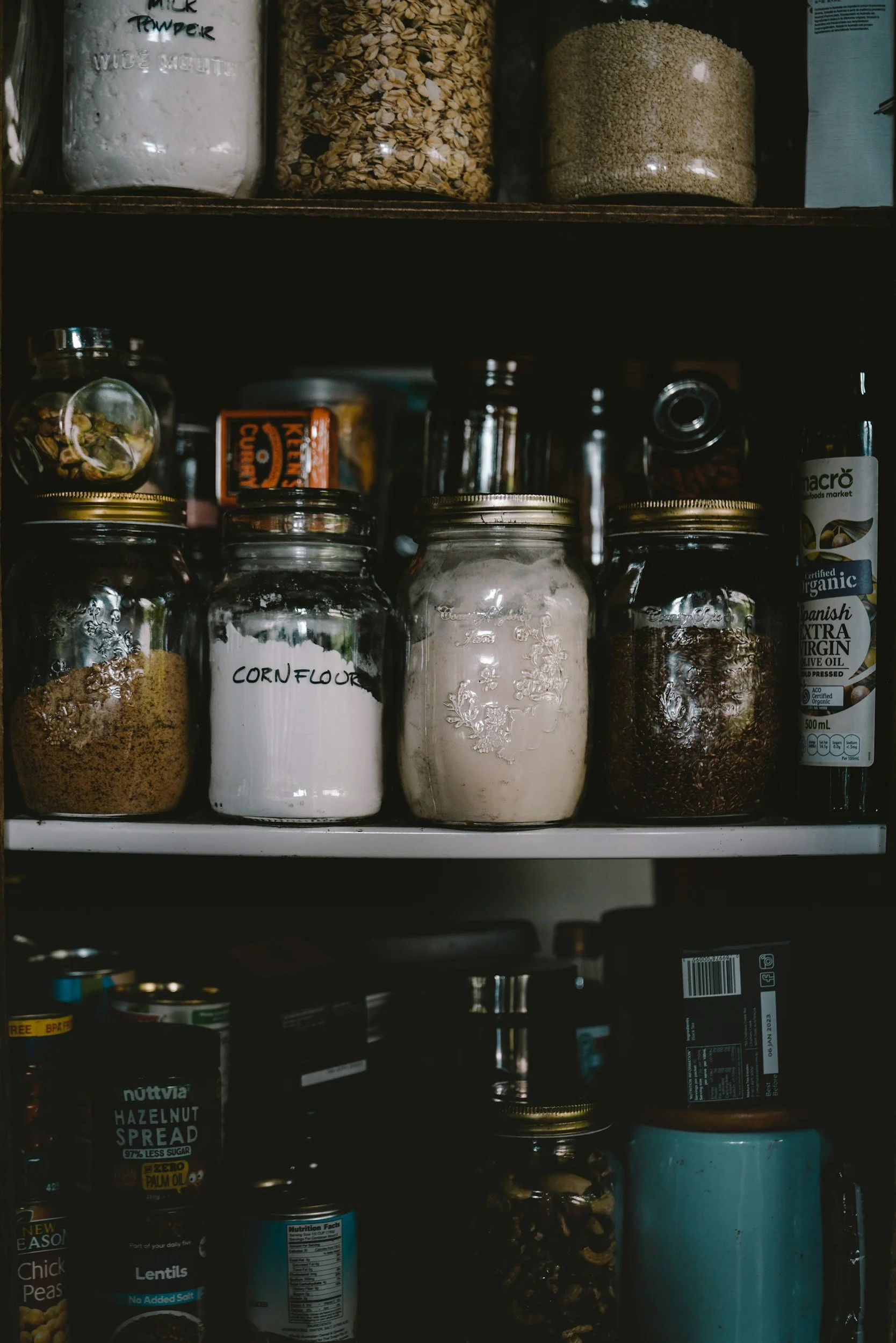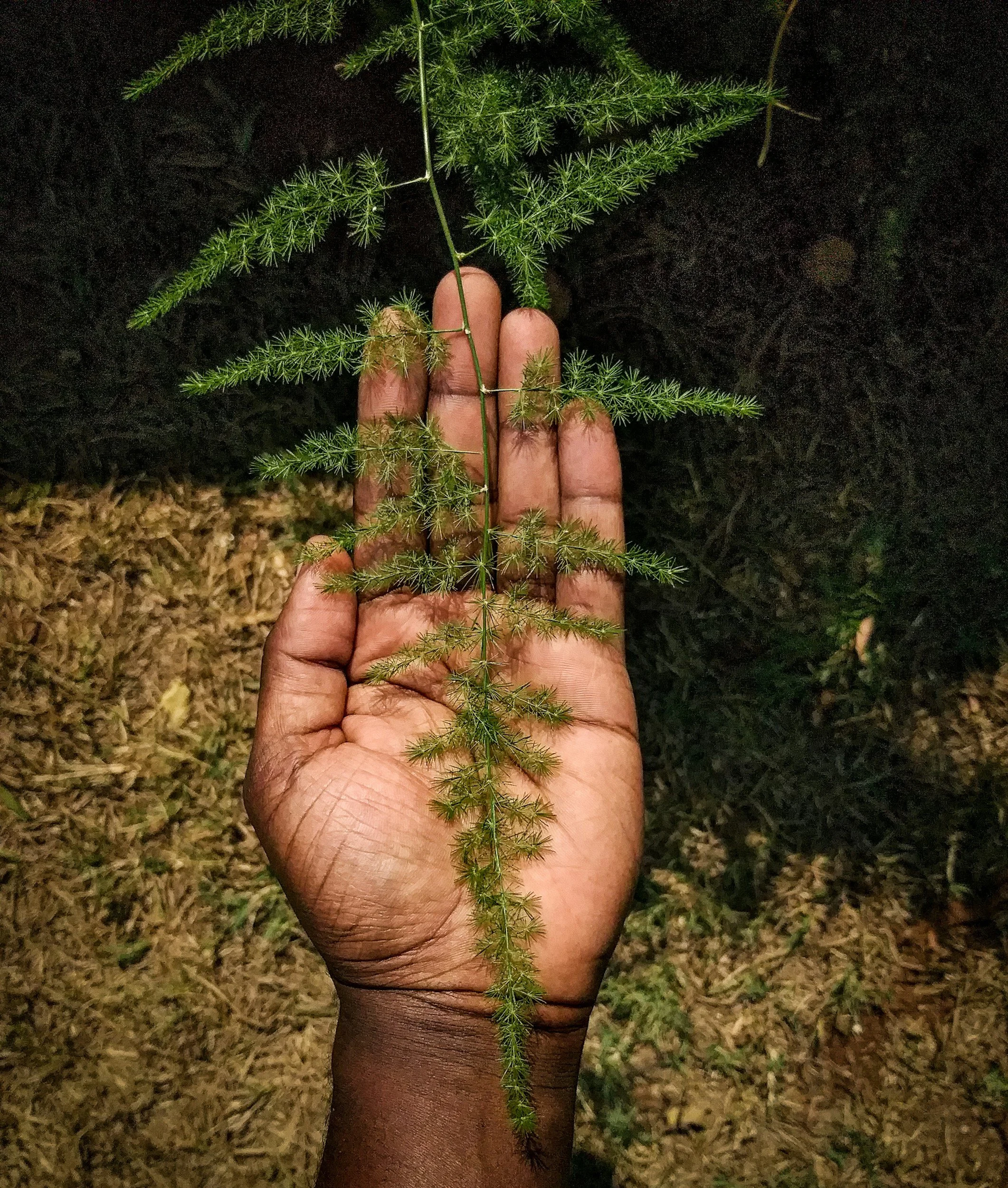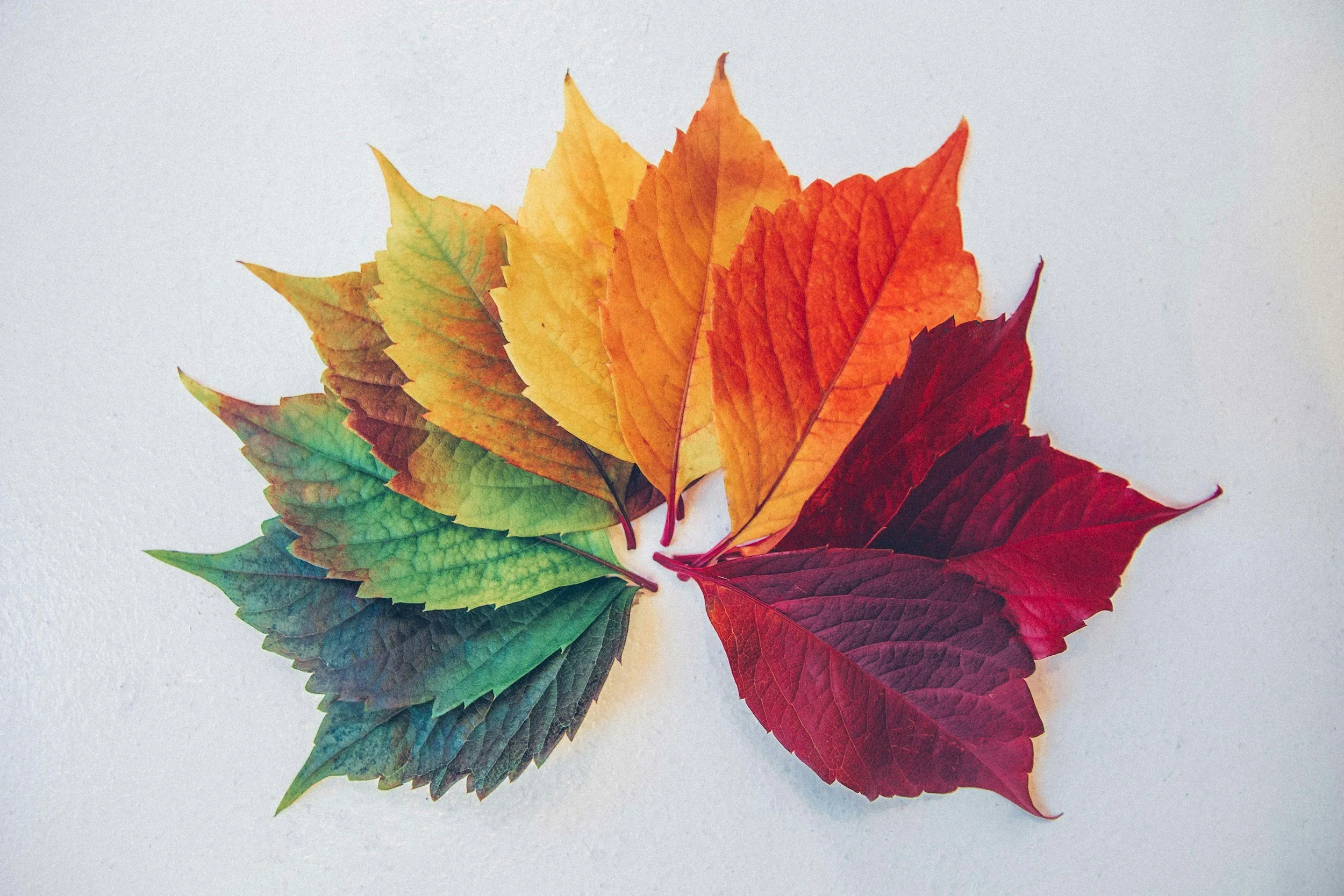🌿 How to Slowly Build an Apothecary: A Natural Wellness Guide to Herbal Living
Building a personal apothecary is one of the most rewarding steps toward living a natural, wellness-centered lifestyle.It’s not about filling shelves with pretty jars — it’s about cultivating a deep, mindful relationship with plants and their healing properties.
Whether you dream of crafting herbal teas, balms, or natural skincare, your apothecary can grow at your own pace. Think of it as a living, breathing collection of wellness allies — one that evolves with you.
This guide will walk you through how to slowly, sustainably, and soulfully build your natural apothecary.
🌸 Step 1: Begin with Intention
Before buying anything, set a clear intention for your apothecary. Ask yourself:
What role will it play in my wellness journey?
(e.g., self-care, herbal healing, aromatherapy, skincare)What do I want to feel when I use it?
(e.g., peace, balance, empowerment, nourishment)How can I make my space an extension of my wellbeing
Take a few minutes to write your intention in a journal. Your apothecary will grow best when rooted in purpose.
🌿 Step 2: Start Small and Simple
Building an apothecary is a slow craft. Begin with a core set of herbs and essential oils that are versatile and easy to use.
Foundational Herbs for Natural Wellness
Herb Primary Benefits
Lavender
Calms nerves, soothes skin, promotes sleep
Roman Chamomile
Eases digestion, reduces stress, gentle for all ages
Calendula
Promotes skin healing, reduces inflammation
Peppermint
Relieves headaches, supports digestion, invigorates
Rosemary
Boosts focus, strengthens hair, cleanses energy
Lemon Balm
Uplifts mood, eases anxiety, supports relaxation
Essential Oils to Begin With
Lavender: calming and restorative
Eucalyptus: supports respiratory wellness
Tea Tree: natural antibacterial and antifungal
Sweet Orange: mood-boosting and cleansing
Frankincense: grounding and spiritually centering
Peppermint: Invigorating, eases headaches, freshen the room
💡 Tip: Don’t rush to buy every herb you see. Focus on what you’ll use regularly and learn each plant’s personality before adding more.
🍶 Step 3: Gather Your Tools
You don’t need a fancy setup. Your tools can be as humble as mason jars and a notebook.
Start with:
Glass jars (recycled or new)
Amber dropper bottles
Mortar and pestle
Fine mesh strainer or cheesecloth
Funnel and measuring spoons
Labels and a permanent marker
A dedicated wellness journal (your herbal grimoire)
With time, you can add a small shelf, wooden boxes, or apothecary jars to display your growing collection beautifully.
🌼 Step 4: Learn Before You Mix
Your apothecary will be most powerful when it reflects understanding, not just accumulation.
Before using each herb, research:
Its benefits and traditional uses
Any contraindications or allergies
How to prepare it (infusion, tincture, salve, etc.)
How it works for your body
Write down your experiences in your journal — how it smells, feels, and affects you.
This mindfulness turns your apothecary into a wellness ritual, not just a storage space.
🌿 Step 5: Source Sustainably
Mindful sourcing keeps your practice ethical and aligned with natural wellness values.
🌾 Best practices:
Buy from organic and fair-trade herb suppliers
Grow your own herbs if possible (even a few pots of mint or lavender count)
Avoid endangered plants
Purchase in small amounts to reduce waste
Reuse jars and packaging whenever you can
Each item you bring in should carry positive energy — from soil to shelf.
🔥 Step 6: Start Crafting in Small Batches
Begin experimenting with small, simple recipes.
This keeps your learning process joyful, low-waste, and creative.
Try making:
Herbal tea blends – lavender, chamomile & lemon balm for calm
Infused oils – calendula in sweet almond oil for skincare
Tinctures – peppermint in vodka or glycerin for digestion
Balms or salves – coconut oil + beeswax + herbal infusion
Label each one with:
The date made
Ingredients used
Purpose or benefits
You’ll quickly discover which creations become staples in your daily wellness routine.
🌙 Step 7: Organize and Energize Your Space
A well-organized apothecary invites peace and creativity.
Store herbs in glass jars away from sunlight, and group them by purpose — for example, digestive, calming, immune support, or skin care.
Enhance the atmosphere with:
Wooden shelves or baskets
Natural fabrics
Crystals like clear quartz (clarity) or rose quartz (self-love)
Calming scents (diffuse lavender or cedarwood)
Your apothecary should be a place that feels healing the moment you enter.
🌾 Step 8: Expand Seasonally
Let your apothecary grow with the rhythm of the Earth.
Each season offers unique herbal opportunities:
Spring: detoxifying greens, floral waters, renewal blends
Summer: cooling mists, bug repellents, sun-care oils
Autumn: immune tonics, cozy teas, root harvests
Winter: soothing balms, sleep blends, warming herbs
By following the seasons, your apothecary stays vibrant, fresh, and relevant to your body’s changing needs.
🌕 Step 9: Integrate Mindfulness and Ritual
Turn your herbal work into wellness rituals:
Brew tea as a moment of meditation
Infuse oils under the full moon
Express gratitude when harvesting or mixing herbs
Use affirmations while labeling your creations
This ritual element connects you to your materials and helps your apothecary support not just your body — but your spirit.
🌻 Step 10: Be Patient — It’s a Journey
The most beautiful apothecaries are built slowly, one jar at a time.
You’ll learn, evolve, and form connections with each herb and blend.
Remember:
Your apothecary is a reflection of your natural wellness path — growing, changing, and healing with you.
🌼 Final Thoughts
Creating your own apothecary is a sacred act of self-care.It empowers you to take your wellness into your own hands — naturally, sustainably, and intuitively.
Whether your shelves hold three herbs or thirty, every jar is a symbol of your connection to the Earth and your commitment to holistic living.
Take your time, honor each creation, and enjoy the beautiful, grounding process of becoming your own herbal artisan. 🌿





